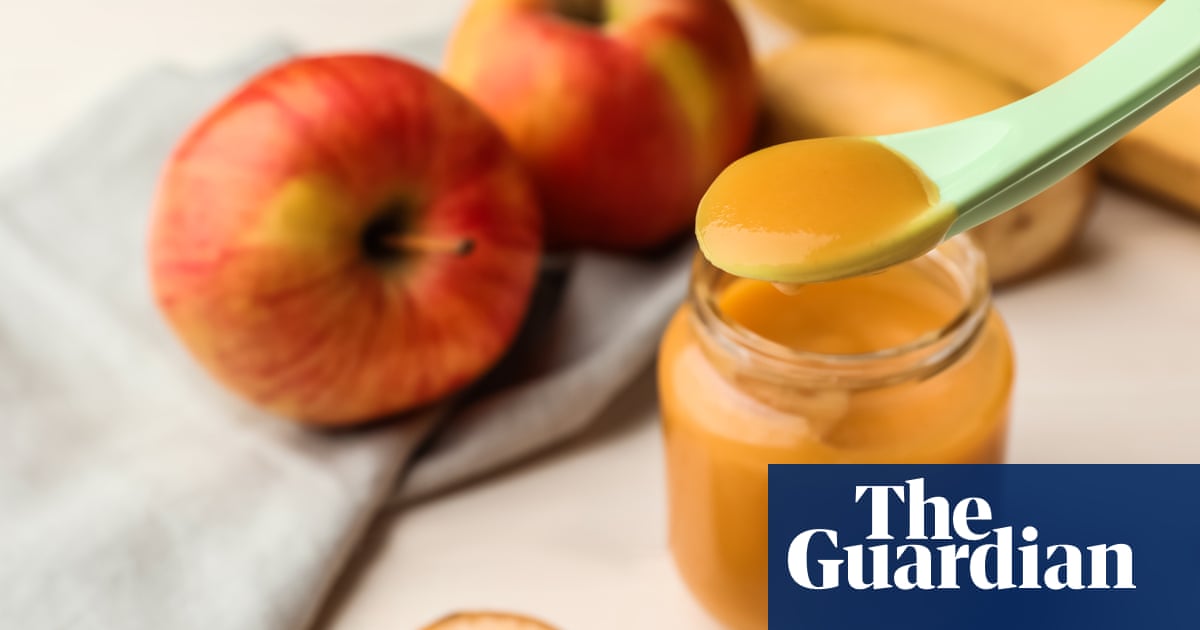A recent study in the US found that almost 40% of traditional baby food products contain harmful pesticides.

A recent study conducted in the US found that approximately 40% of traditional baby food products contained harmful pesticides. However, none of the organic products included in the survey contained these chemicals.
The study, carried out by the non-profit organization Environmental Working Group (EWG), examined 73 items and discovered that 22 of them contained at least one pesticide. Numerous products contained multiple pesticides, which pose a significant health risk to infants, according to the researchers.
According to Sydney Evans, a senior science analyst at EWG and co-author of the report, infants and young kids are especially at risk for health issues caused by pesticides in food. This is concerning because food is the main source of exposure to pesticides for most children.
The research examined items from Beech-Nut, Gerber, and Parent’s Choice. However, it did not specify the specific products from these companies that had traces of pesticides.
Among pesticides it detected were acetamiprid, a neonicotinoid insecticide that harms bees and humans, and captan, which is linked to cancer. Fludioxonil, a product commonly used on fruits, vegetables and cereals, was found in five products and is thought to harm fetal development, cause changes in immune system cells and disrupt hormones.
Four pesticides mentioned in the study have been associated with harm to the nervous and reproductive systems, and there is a lack of publicly available information on their toxicity.
Products made by Apple had the highest chance of having a large amount of pesticides on them. Additionally, blueberries, pears, and strawberries are common examples of produce that often have high levels of these chemicals.
According to Olga Naidenko, co-author of the study and head of children’s research for EWG, the most effective method for avoiding pesticides is to purchase organic baby food products. These products are subject to stricter regulations and are becoming more affordable. The non-profit organization has also created guides to help consumers determine the levels of pesticide residue in produce.
The study revealed a positive development: EWG compared its results to a previous investigation from 1995 and discovered a general decrease in pesticide levels in baby food. In the previous study, 55% of the tested products contained pesticide and more hazardous types were identified.
In 1996, the Food Quality Protection Act was passed, which mandated the EPA to guarantee that pesticide residues would not pose a threat to children and infants. One of the pesticides that EWG no longer detected is chlorpyrifos, which can cause permanent brain damage in infants in small doses. This pesticide was officially banned for use on food in 2021.
According to Evans, advocacy is effective. The detection of pesticide residue in baby food is worrying, but parents can take comfort in the fact that the most harmful chemicals found in a 1995 study are no longer present.
However, according to Naidenko, oversight is inadequate and even minimal exposure to pesticides can be worrisome for infants. The process of prohibiting these chemicals is often a lengthy and complicated process involving legal disputes, while consumers receive conflicting information from manufacturers, regulators, and public health advocates.
Naidenko stated that the general public is not concerned with the details and simply wants to avoid having pesticides in baby food.
Source: theguardian.com



